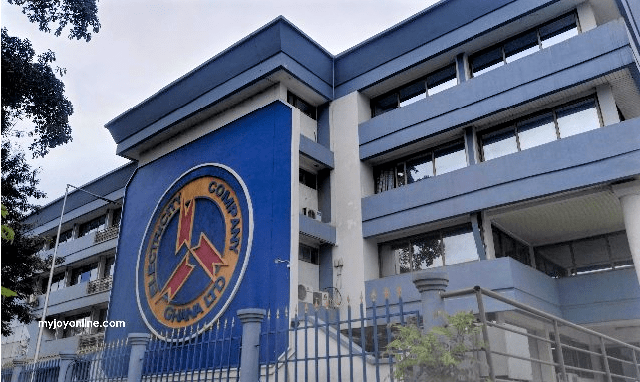The Public Utility Workers Union (PUWU) has vehemently opposed the proposed privatization of the Electricity Company of Ghana (ECG), expressing deep concerns about the potential negative ramifications for both the company’s workforce and the nation’s energy sector as a whole. This opposition stems from the recent announcement by Energy Minister-Designate John Jinapor, revealing the Mahama administration’s intention to involve private sector participation in Ghana’s electricity distribution network. The government’s plan includes the formation of a seven-member committee tasked with exploring the intricacies of the privatization process. PUWU, however, argues that privatization is not the appropriate solution to the challenges plaguing ECG and the wider power distribution sector. Instead, they advocate for a more collaborative approach, emphasizing the importance of dialogue and internal reforms to address the existing issues.
PUWU contends that privatization, in its current conceptualization, poses a significant threat to the job security of ECG employees and could potentially destabilize the energy sector. The union believes that a comprehensive restructuring and strengthening of ECG’s internal operations, coupled with strategic investments in infrastructure and technology, would be a more effective and sustainable approach to improving efficiency and service delivery. They argue that these internal reforms, if implemented effectively, could yield better long-term results than privatization, which they fear could lead to prioritizing profits over the needs of consumers and the welfare of workers. Furthermore, PUWU expresses concerns about the potential loss of national control over a critical strategic asset like the electricity distribution network.
The union has consistently maintained its stance against privatization and has repeatedly called for open and transparent dialogue with all stakeholders to explore alternative solutions. PUWU General Secretary Timothy Nyame has underscored the importance of engaging in constructive discussions to find the best way forward for managing the electricity distribution system. He emphasizes the need to consider the long-term implications of any proposed changes and to prioritize the interests of both workers and consumers. PUWU has also developed a comprehensive document outlining an alternative approach to privatization, which they believe offers a more viable and sustainable path towards improving the performance of the electricity distribution sector.
PUWU’s alternative proposal focuses on strengthening ECG’s internal capacity and improving its operational efficiency through a combination of strategic reforms and targeted investments. This includes enhancing management practices, streamlining internal processes, investing in modern technology and infrastructure upgrades, and strengthening regulatory oversight to ensure accountability and transparency. The union believes that by empowering ECG with the necessary resources and expertise, the company can effectively address the challenges it faces without resorting to privatization. They also advocate for increased government support and investment in the sector to ensure its long-term viability and sustainability.
The union’s concerns extend beyond the immediate impact on its members. They argue that privatization could lead to higher electricity tariffs for consumers, reduced service quality, and a decline in overall sector performance. They fear that private sector involvement might prioritize profit maximization over the provision of affordable and reliable electricity services to the public. PUWU believes that a publicly owned and managed ECG, with the right reforms and investments, can better serve the interests of the Ghanaian people and contribute to the country’s economic development. They argue that maintaining public control over the electricity distribution network is crucial for ensuring equitable access to electricity and preventing exploitation by private entities.
In essence, PUWU’s opposition to the privatization of ECG stems from their belief that it is not the optimal solution to the challenges facing the power distribution sector. They advocate for a more collaborative approach that prioritizes internal reforms, strategic investments, and enhanced regulatory oversight. The union believes that this approach, combined with open dialogue and engagement with all stakeholders, offers a more sustainable and equitable path towards improving the performance of the electricity distribution sector and ensuring reliable and affordable electricity services for all Ghanaians. They call on the government to reconsider its privatization plans and instead work with PUWU and other stakeholders to develop a comprehensive and sustainable solution that addresses the needs of both workers and consumers.














